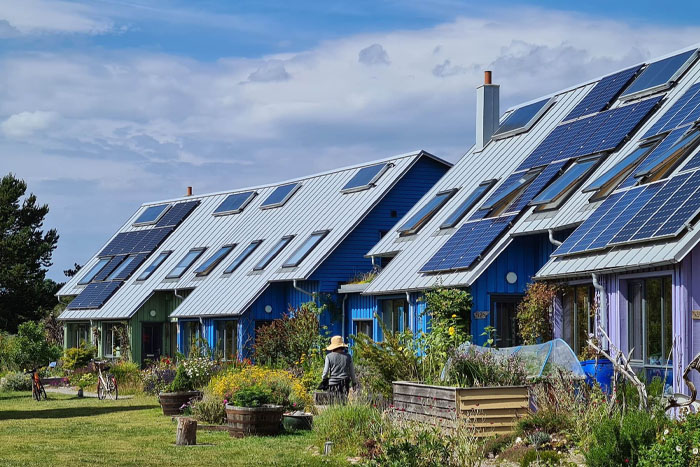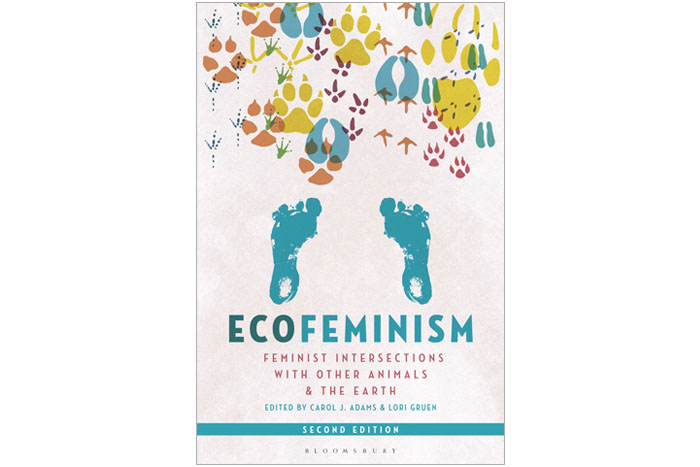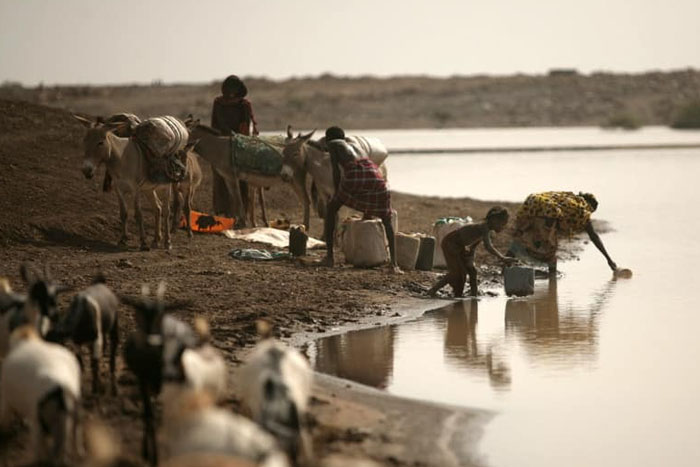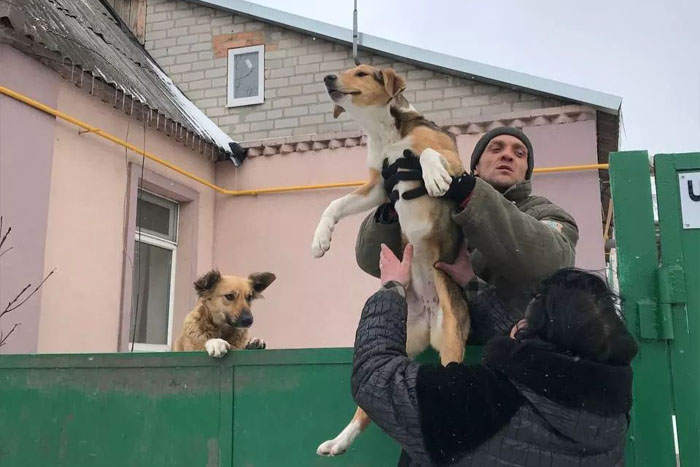
April 2022 Newsletter: Listening to the Warnings and Taking Action

Recent reports from the Intergovernmental Panel on Climate Change (IPCC) leave no room for doubt about the climate crisis. The current trajectory of emissions from the United States and other industrialized countries cannot be allowed to continue. Unless we make immediate, comprehensive changes to nearly all systems, including those pertaining to food, we’ll not meet the targets set by the Paris Agreement. We have to limit global warming to 1.5°C above pre-industrial levels to avoid the worst impacts of the climate crisis.
Although the window is closing on achieving 1.5°C, it still remains open. It’s encouraging, for instance, to see the IPCC addressing more directly the need for a global reduction in the consumption of animal products. We know that methane (CH4) is a fast-acting greenhouse gas, and a major source of the gas is animal agriculture, so reducing CH4 from factory farms could buy us time to lower other GHG emissions. Furthermore, transitioning industries from animal agriculture would not only reduce CH4, but lessen animal suffering and the threat of future pandemics from factory farms. (For a deeper dive into what the IPCC report says about food systems, animal agriculture, and plant-based diets, you can read an analysis done by the partner network we’re a member of, 50by40, here.)
In order to meet the climate goals, reaching net zero emissions, along with removing carbon from the atmosphere, will be necessary. All options for emissions reduction–including animal agriculture–must be on the table.

New Book Chapter: Ecofeminism, Second Edition
Executive Director Mia MacDonald wrote a chapter in the second edition of Ecofeminism: Feminist Intersections with Other Animals and the Earth. The book situates ecofeminist theory and activism within the larger field of ecocriticism and provides an overview of key points in its history. The authors engage with intersections of gender, sexuality, gender expression, race, disability, and species to address the various ways that sexism, heteronormativity, racism, colonialism, and ableism are informed by and support animal oppression.
Mia’s chapter provides an overview of how Brighter Green has since its inception worked with organizations to address inequities in our relationships with animals and the natural world. The chapter relates several instances from the past few years where people have broken out of old behaviors to relate to animals in new ways, cultivating an affinity for the natural world. These stories reveal a growing trend of viewing other animals and the environment with mutuality and respect. At the end of the chapter, Mia suggests a path forward for humanity to envision our relationships with other species anew, moving toward non-exploitative and non-extractive relationships.
Buy the book from the publisher, or your favorite independent bookseller.
Plant-based School Lunches
One of Brighter Green’s many recommendations for addressing the climate crisis is the adoption of plant-based (or plant-forward) food policies. To some, this recommendation might seem overly broad, as Brighter Green is not writing specific policies for a government agency, but rather a framework to guide the implementation of specific policies. In the case of school lunches, however, we now see specific policies being implemented in New York City, and a proposed policy that is making its way through Congress.
In New York City the Mayor’s Office began offering plant-based options in schools with the implementation of Plant-based Fridays. The bill introduced in the United States House (H.R. 4108) would support offering plant-based options in school cafeterias across the country.
Both these policies are great examples of policy in action, and show how broad public pressure, combined with policy recommendations and a strong political strategy, can make climate-friendly policy a reality. Brighter Green is proud to support such policies, and will continue to work with key partners to advance them.
Take action! Tell Congress to support healthy, climate-friendly school food.

Articles by Brighter Green Fellow Kwolanne Felix
From a global perspective, it’s crucially important that factory farming is analyzed in a way that is mindful of the realities people face in specific countries. In this article in Sentient Media, Brighter Green Fellow Kwolanne Felix focuses her attention on African countries, and the dramatic rise of new concentrated animal feed operations (CAFOs). Factory farming is gaining traction in Africa, and animals are paying the price..
Zooming into a specific country, Kwolanne interviewed in Sentient Media Nairobi-based lawyer, advocate, and founder of Lawyers for Animal Protection Africa, Judy Muriithi. The two discussed the growth of factory farming in Kenya, and how, in the Kenyan context, many see factory farming as an opportunity for economic growth. Judy talks about how best to frame the problems with factory farming for the Kenyan public and Kenyan decisionmakers.

Donate to Support Ukraine
In response to the crisis in Ukraine, A Well-Fed World is distributing grants to mission-aligned groups helping people and animals in that country and surrounding areas. Your donation will support vegan animal sanctuaries, Ukrainian animal rights groups, and local Food Not Bombs chapters providing food to Ukrainian refugees. Donate by credit card today to support the groups on the ground. 100% of your donation goes to directly support these groups. Learn more about the donation recipients here.
Donate now, and select the Ukraine Relief Fund to direct your donations to this campaign.
Panel: Ecological Justice and the Right to Health
Join Brighter Green Executive Director Mia MacDonald and other panelists for an important discussion on how our future depends on changing how we relate to each other, other animals, and the natural world on which we all depend. The climate crisis, COVID-19 pandemic, environmental degradation, human and animal exploitation, and other threats plainly illustrate how the rights, health, and wellbeing of people, animals, and the planet are connected. Register now for a discussion about why and how centering ecological justice and a right to health across global and local policies and practices can help ensure that people, animals, and the planet can be healthy and thrive.
Thursday, May 19, 2022 at 7:00 p.m. EST/4:00 p.m. PST.
Subscribe to our Newsletter
Subscribe to the Brighter Green newsletter to get updates about our work delivered to your inbox.
 Brighter Green
Brighter Green



